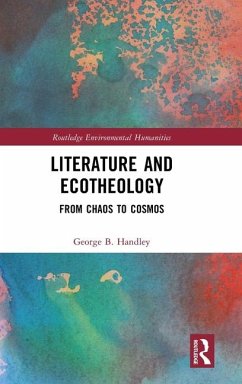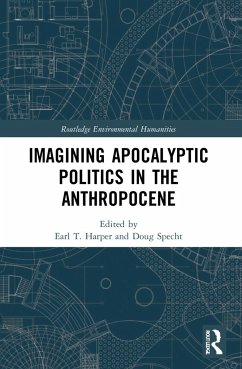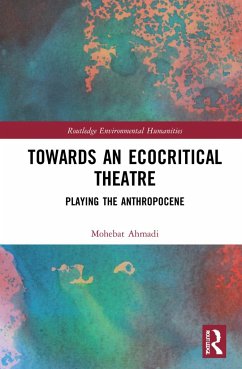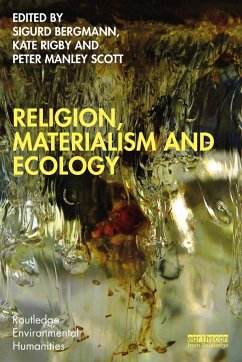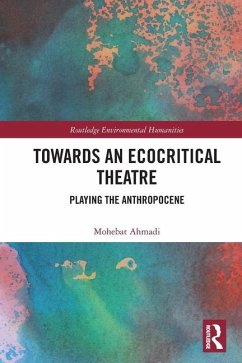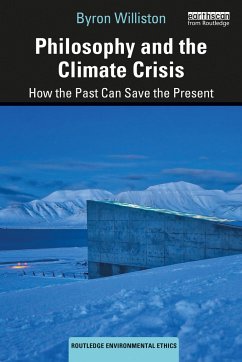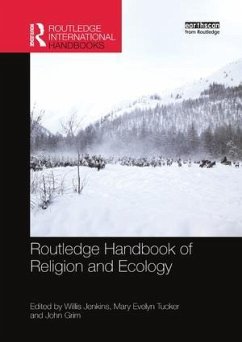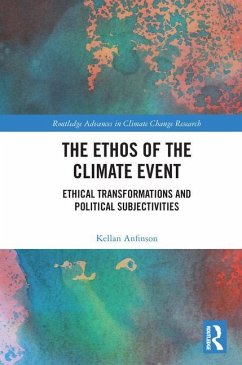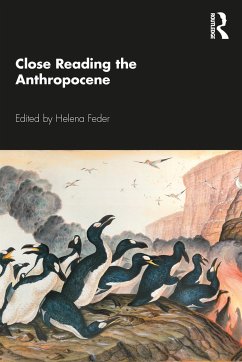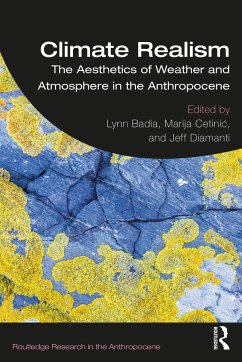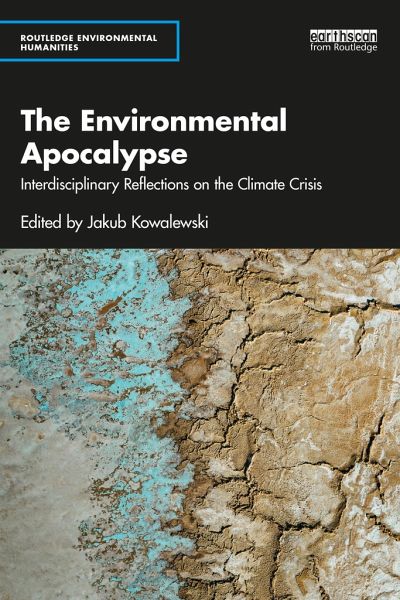
The Environmental Apocalypse
Interdisciplinary Reflections on the Climate Crisis
Herausgegeben: Kowalewski, Jakub
Versandkostenfrei!
Versandfertig in 6-10 Tagen
40,99 €
inkl. MwSt.

PAYBACK Punkte
20 °P sammeln!
This volume brings together scholars working in diverse traditions of the humanities in order to offer a comprehensive analysis of the environmental catastrophe as the modern-day apocalypse. Drawing on philosophy, theology, history, literature, art history, psychoanalysis, as well as queer and decolonial theories, the authors included in this book expound the meaning of the climate apocalypse, reveal its presence in our everyday experiences, and examine its impact on our intellectual, imaginative, and moral practices.Importantly, the chapters show that eco-apocalypticism can inform progressive...
This volume brings together scholars working in diverse traditions of the humanities in order to offer a comprehensive analysis of the environmental catastrophe as the modern-day apocalypse. Drawing on philosophy, theology, history, literature, art history, psychoanalysis, as well as queer and decolonial theories, the authors included in this book expound the meaning of the climate apocalypse, reveal its presence in our everyday experiences, and examine its impact on our intellectual, imaginative, and moral practices.
Importantly, the chapters show that eco-apocalypticism can inform progressively transformative discourses about climate change. In so doing, they demonstrate the fruitfulness of understanding the environmental catastrophe from within an apocalyptic framework, carving a much-needed path between two unsatisfactory approaches to the climate disaster: first, the conservative impulse to preserve the status quo responsible for today's crisis, and second, the reckless acceptance of the destructive effects of climate change.
This book will be an invaluable resource for students and scholars interested in the contributions of both apocalypticism and the humanities to contemporary ecological debates.
Importantly, the chapters show that eco-apocalypticism can inform progressively transformative discourses about climate change. In so doing, they demonstrate the fruitfulness of understanding the environmental catastrophe from within an apocalyptic framework, carving a much-needed path between two unsatisfactory approaches to the climate disaster: first, the conservative impulse to preserve the status quo responsible for today's crisis, and second, the reckless acceptance of the destructive effects of climate change.
This book will be an invaluable resource for students and scholars interested in the contributions of both apocalypticism and the humanities to contemporary ecological debates.



